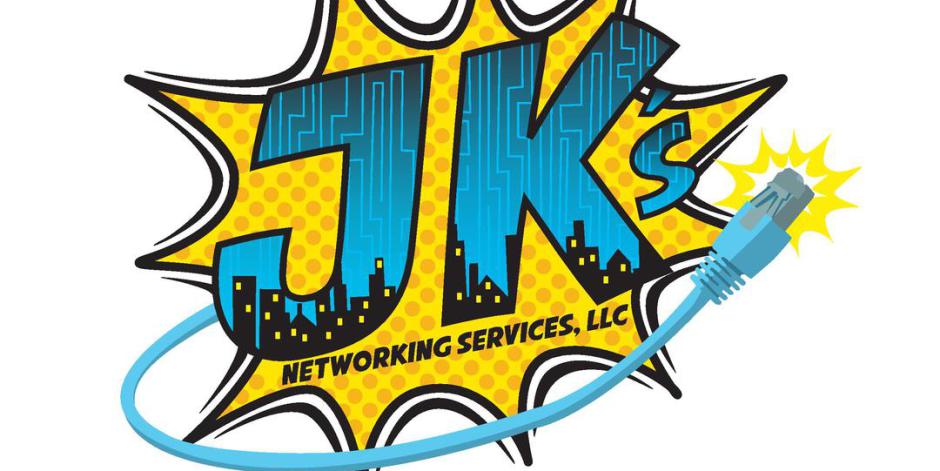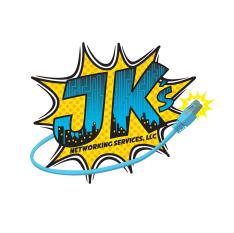Disaster Recovery
This is a topic that unfortantly is overlooked in a lot of companies. This can be a critical part of your IT structure. The goal of a Disaster Recovery plan is to help layout what the goals and plans are for the company to recover or to be able to continue to work when a disaster happens whether it be natural such has hurricanes or human such as Ransomeware. Many businesses look at a DR as extra money that they can't afford at the moment and never really form a plan, or some form a plan but never put it in place and then when disaster strike, they our out thousands or maybe even millions.
Here are some key points when forming your DR:
-How long can you be down? This needs to state the maxium downtime before it becomes critical for your company. If you are company the relies on servers heavily then the downtime would not be long before it becomes critical where as if you are company such as cleaning services, you can still work without having to have servers.
-Roles? Who does what during a disaster. This should also include who decides that a disaster has happened and the DR Plan should be in affect.
-Critical systems? What equipment and applications are needed for you company to keep working. This includes servers, routers, databases, etc. What are the systems that if they are not up, your company is at a complete standstill.
There are other factors to consider when creating a DR Plan but these are the key factors. A good DR Plan can be the difference in losing hundreds to thousands or to losing thousands to millions in the blink of an eye. Remember that it's not a question of if but when.
IT Support Simplicity!
Does your network require the use of multiple vendors that require multiple numbers to keep in touch? If you're like any other network, the answer to this is yes. No matter how small or big your network is, chances are, it requires more than one vendor to keep it going. Example of one vendor is your ISP (Charter, Windstream, etc). The next vendor is whoever you have to keep your network running or whoever you buy your equipment from. This can get confusing on who you are suppose to call for any issues relating to your network. There should be an easier way to keep track with all those vendors.
That's where we want to help. We have gained partnership with several vendors so that we can try to be the true one stop shop for all your IT needs. We have hardware vendors for all the devices that you will need to run your network the way you want. We are able to supply hardware from routers, switches, phones, etc all the way to Point Of Sales and cameras. Along with hardware vendors, we have several WAN vendors as well. These are the vendors that supply internet, VoIP, cloud services, COLO, and much more. This allows you to have one point of contact when you are needing to buy something new for your company whether it be new internet services for a new site or just a replacement router for the one that just went out or needs an upgrade. We do the reaching out to several vendors so you don't have to.
We also provide IT support for your network. We are able to provide local on-site work for those in the surrounding area from installing new equipment or troubleshooting exisiting equipment. We also can do remote work for those not in the area. We have monitoring tools that will alert us if your system goes down. We are able to do remote work in your network with granted access to troubleshoot and see what causing trouble in your network.
We are a small company but work with several vendors so that we can find the best possible solution for your network on both the WAN and LAN side. What more could you ask for from an IT company, a great Telco Agent, Hardware vendor, and IT support all in one.

